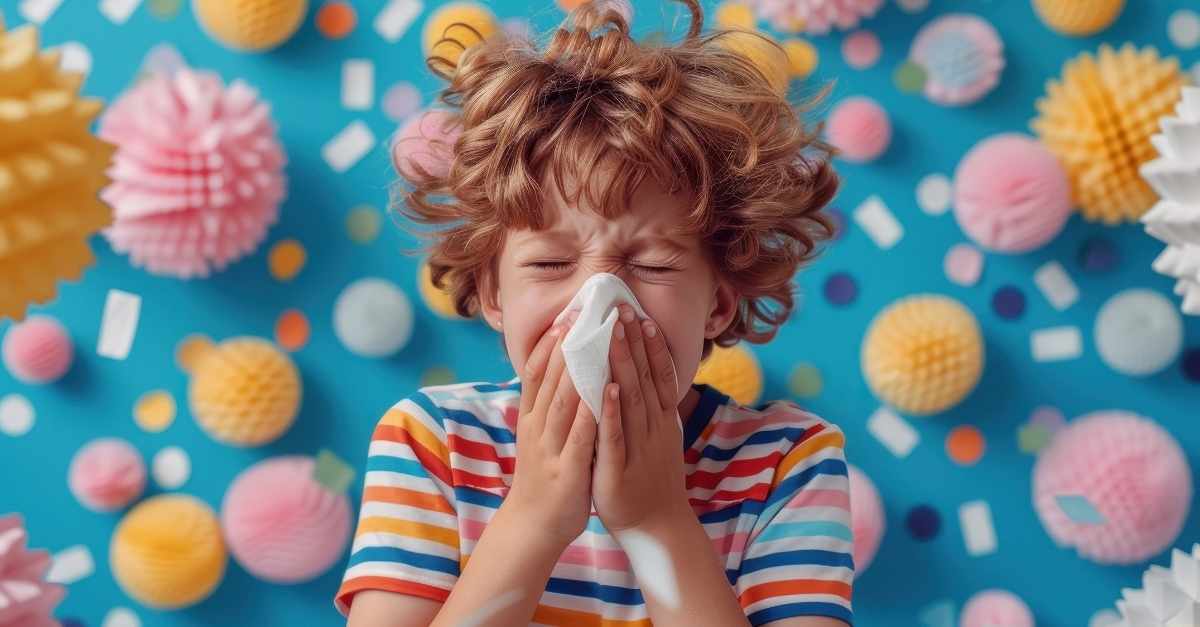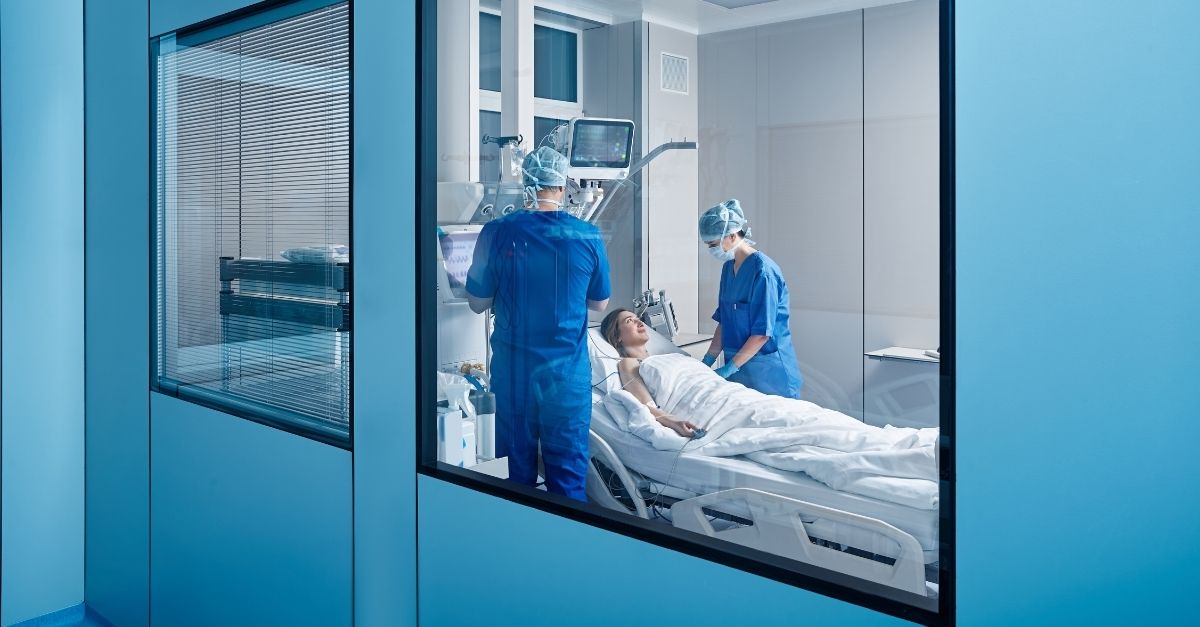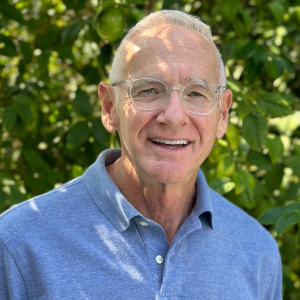
Do you happen to have leftover antibiotics somewhere in your house? Have you ever stopped an antibiotic course early, stored leftover antibiotics prescribed for you, and planned to use or share them with someone else in the future?
If your answer is yes, then I must tell you straight away that this is not a good idea. In fact, your safety and the safety of others depends on it.
Antibiotics are powerful medications designed to treat bacterial infections by either killing bacteria or stopping them from multiplying, and have saved countless lives since their discovery. However, they do not work against viruses like the common cold or flu, and using them incorrectly-such as for viral illnesses or without a prescription, causes more harm than good. Misuse and overuse of antibiotics are major contributors to the growing global crisis of antibiotic resistance, a situation where bacteria become resistant to the drugs meant to kill them, making infections harder or even impossible to treat. This threat to public health is responsible for millions of deaths worldwide each year and puts the effectiveness of modern medicine at risk for everyone
There are several reasons why people stop taking prescribed antibiotics early, for example, because they feel better, forget to finish all the tablets, or believe the antibiotic is not helping with the current infection.
And what happens then? Some people set these leftover antibiotics aside and use them later for a new infection, basing their decision on their own knowledge and previous experience, often without consulting a doctor for a diagnosis.
Although this misuse of antibiotics through self-medication is incorrect, it unfortunately remains a common practice. Therefore, I will now give you seven reasons why you should avoid using or sharing leftover antibiotics.
1. The leftover antibiotic may not be appropriate for the new infection.
Antibiotics are medicines prescribed to treat bacterial infections. However, the new infection may not be caused by bacteria and may not require antibiotic therapy at all. For example, antibiotics do not work for viral infections such as colds and flu.
2. The leftover antibiotic may not be the right one for the new infection.
Let’s assume the germs responsible for the new infection are bacteria. You may think, “We can use the leftover antibiotic now.” This is not correct. The leftover medicine, prescribed for a previous infection, may not target the new microorganism and may not be effective against the current infection. Different bacteria cause different infections, and not all antibiotics work against all bacteria.
3. The duration of the leftover antibiotic course may be incorrect.
Leftover antibiotics likely represent less than a full course needed to treat a new infection. As a result, stopping treatment early may allow bacteria to survive, potentially leading to antibiotic resistance and continued infection.
4. The dosage of the leftover antibiotic may be incorrect.
The dosage prescribed for a previous infection may differ from what is needed for the current one. For example, dosages for children are often based on weight and may vary significantly.
5. Taking leftover antibiotics can increase the risk of antibiotic resistance.
Misuse, whether due to the wrong antibiotic, incorrect dosage, or inadequate duration, can contribute to the development and spread of antibiotic-resistant bacteria, making future infections harder to treat.
6. Taking leftover antibiotics can increase the risk of side effects.
Incorrect use can increase the risk of side effects, interactions with other medications, and secondary infections (such as Clostridioides difficile infection).
7. Taking leftover antibiotics can be dangerous.
Antibiotics can lose their effectiveness or even become toxic over time, especially if stored improperly or used after their expiry date. Additionally, leftover medicines may be misused or accidentally ingested by children or pets, causing serious health issues.
At this point, you may be wondering, “What should I do with leftover antibiotics?”
First, do not dispose of them in your household waste, pour them down the sink or drain, or flush them down the toilet. Bad idea!
Doing so allows medicines to enter the water system. Water treatment plants cannot fully remove antibiotics, so they contaminate the environment, contributing to the development and spread of resistance in soil, plants, and animals.
Therefore, if you have leftover antibiotics, take them to your local pharmacy so they can dispose of them safely.
In conclusion, only take antibiotics when prescribed for you by your doctor and always follow your doctor’s advice and instructions precisely. Never use or share leftover antibiotics for a future illness and dispose of them safely at a pharmacy.
In doing so, you’ll be playing an important role in the global fight against antibiotic resistance!
Only take antibiotics prescribed specifically for you and complete the entire course.
Never use or share leftover or expired antibiotics.
Dispose of unused antibiotics responsibly to protect your health, your family and the environment.
By following these steps, you help combat antibiotic resistance and safeguard public health.

Francesco M. Labricciosa
Francesco M. Labricciosa is a Medical Doctor from Italy. After earning a post-graduate diploma in Primary Care Medicine, he consolidated his experience in different healthcare settings, and then became a specialist in Hygiene and Preventive Medicine.
Antimicrobial Resistance (AMR), optimal and prudent use of antimicrobials, and awareness towards consumption of these medications represent his main fields of interest.
Since 2016, he has been working with the Global Alliance for Infections in Surgery. He participated in several international research projects about prevention and management of healthcare-associated infections, surgical antibiotic prophylaxis, antimicrobial therapy in intra-abdominal infections, and antimicrobial stewardship programs. He has co-authored more than 40 articles published in peer-reviewed medical journals.
In 2023 he started an interesting collaboration with The AMR Narrative, serving as an Independent Advisor for the charity, and writing blogs to promote public understanding and education for AMR.
Moreover, Francesco works with several medical communication agencies in designing and finalising educational materials aimed at diversified audiences. Finally, he takes an active role in science communication blogging about antimicrobial use and AMR.












